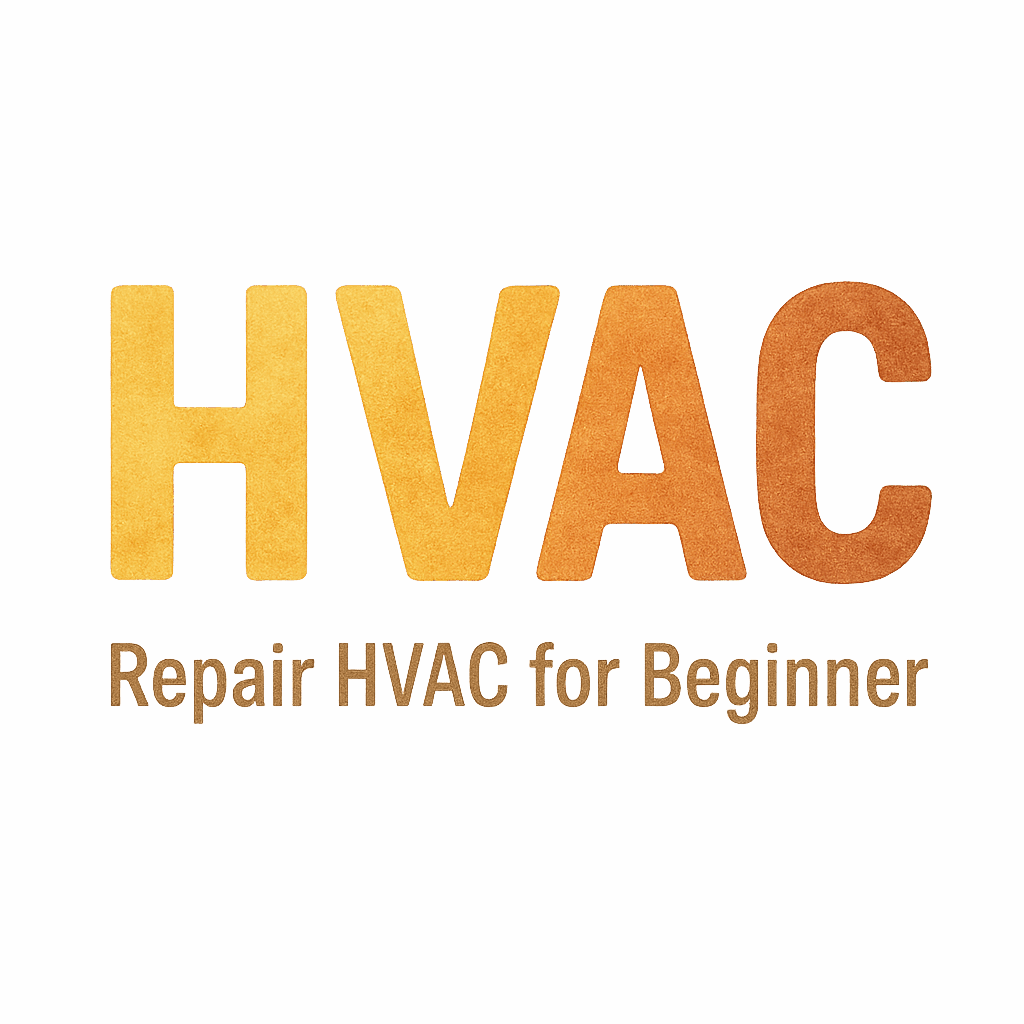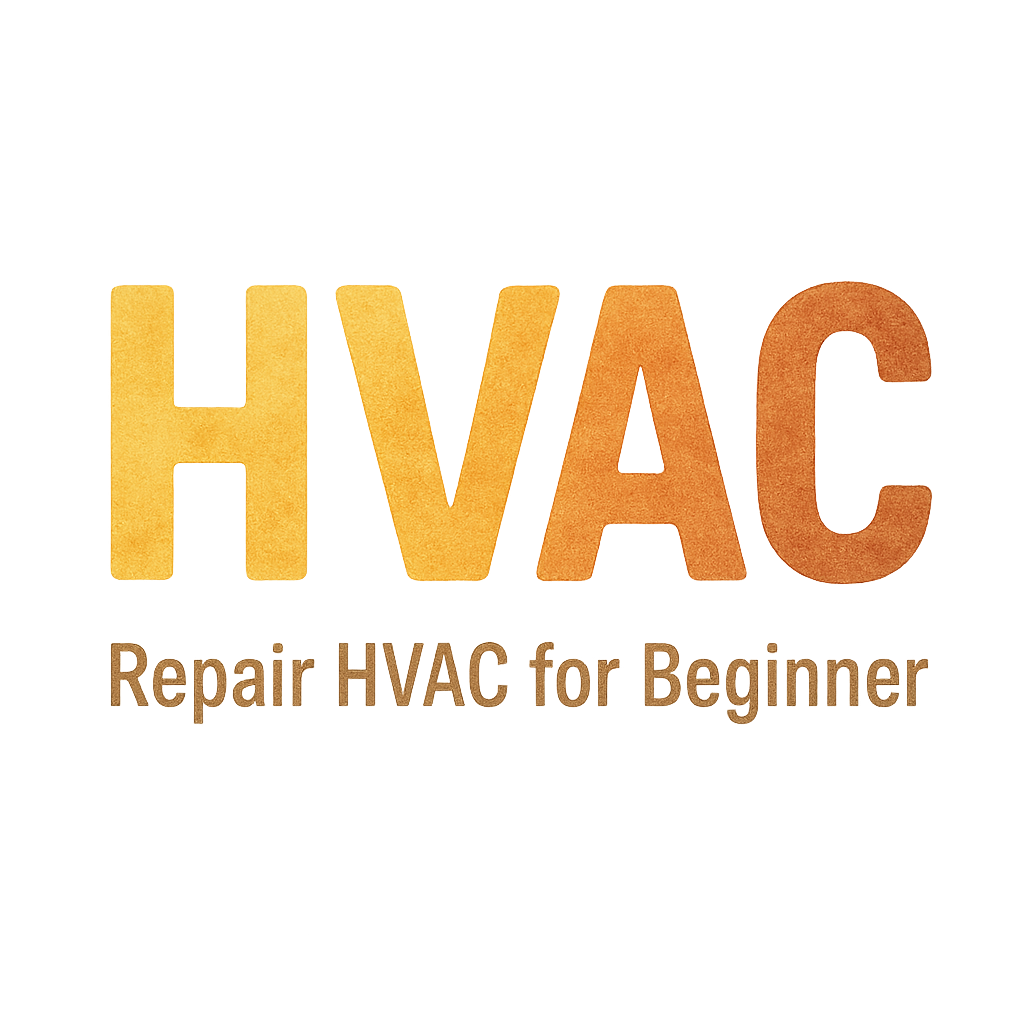Introduction
HVAC systems are vital for keeping your home comfortable, but many homeowners make costly mistakes when repairing or maintaining them. These errors can lead to higher repair bills, longer downtime, and even the need for system replacement. If you want to avoid throwing money down the drain, understanding these 7 HVAC repair mistakes and learning how to prevent them will be crucial.
This article will walk you through common HVAC mistakes, from skipping regular maintenance to choosing cheap repairs, and show you how to keep your system running efficiently. Plus, we’ll provide links to other helpful resources that can guide you in making the right decisions when it comes to HVAC repair.

Ignoring Regular Maintenance
How Skipping Maintenance Adds to Repair Costs
Regular HVAC maintenance is critical in preventing costly repairs and improving the lifespan of your system. Unfortunately, many homeowners overlook this essential task. Neglecting regular maintenance often leads to small problems turning into larger, more expensive issues.
Importance of Regular Maintenance
Just like your car needs oil changes, your HVAC system needs periodic checks to function at its best. Routine maintenance helps avoid costly breakdowns and ensures the system operates efficiently. Tasks like filter replacement, coil cleaning, and refrigerant level checks are part of this regular upkeep.
For more information on how to take care of your HVAC system, check out our HVAC Basics for Beginners.
Common Neglects in Maintenance
Neglecting basic tasks such as:
- Replacing air filters
- Cleaning condenser coils
- Checking refrigerant levels
These seemingly minor tasks can lead to inefficient operation, higher energy bills, and eventually costly repairs.
Attempting DIY Repairs
Why DIY HVAC Repairs Often Make Problems Worse
HVAC systems are complex, and while there’s a lot of advice out there, attempting to DIY repairs can be dangerous and expensive. Many people believe they can save money by doing it themselves, but this often leads to more harm than good.
Risks of DIY Repairs
DIY HVAC repairs can lead to:
- Increased damage: Without the right tools or knowledge, you might worsen the problem.
- Safety hazards: HVAC systems involve electrical components and refrigerants, which can be dangerous if mishandled.
If you need professional help, check out our Troubleshooting & Repair page for expert advice.
When to Call the Professionals
A qualified HVAC technician is trained to identify issues that might be invisible to the untrained eye. When in doubt, it’s always better to call a professional rather than risk making the situation worse.
Ignoring Warning Signs
Waiting Too Long to Address HVAC Issues
One of the worst things you can do is ignore early warning signs of HVAC problems. Many homeowners wait until their system completely fails before calling for help, but that only leads to higher repair costs.
Signs Your HVAC System Needs Attention
If you notice any of these signs, it’s time to take action:
- Unusual noises: Grinding, whistling, or buzzing sounds
- Inconsistent temperatures: Hot or cold spots in your home
- Frequent cycling: Your HVAC unit turns on and off more often than normal
For a more in-depth checklist of what to look out for, visit our Common HVAC Problems page.
Cost of Delayed Repairs
The longer you delay repairs, the higher the potential for system damage. Fixing a minor issue early on can save you a significant amount of money in the long run.
Choosing the Cheapest Repair Option
Why Cheap Repairs Often Lead to Higher Costs
While the idea of a cheap HVAC repair may be tempting, choosing the cheapest option often backfires. Cutting corners by using low-quality parts or hiring unqualified technicians can lead to more frequent breakdowns and ultimately, higher repair costs.
The Importance of Quality Parts
Using high-quality parts might cost a little more upfront, but they will save you in the long run. Cheap parts often wear out quickly, leading to more frequent repairs or replacements. If you’re not sure about the quality of parts, check out our Tools & Equipment guide to learn more about what’s best for your HVAC system.
Choosing the Right Technician
It’s important to hire a qualified HVAC professional with a good track record. Be sure to check reviews and ask about warranties for parts and labor to ensure you’re getting a fair deal.
Failing to Address System Overload
How Overworked HVAC Systems Can Drain Your Wallet
When your HVAC system is overworked, it uses more energy, breaks down more frequently, and costs you more money in repairs and utilities. This overload can be caused by various factors, like improper sizing or dirty filters.
Common Causes of Overload
- Improper Sizing: An undersized system works harder to meet demands, while an oversized system cycles on and off too frequently, wasting energy.
- Dirty Filters: Clogged filters reduce airflow, forcing the system to work harder than necessary.
To prevent system overload, you can learn about Monthly Care and how regular care can keep your system running efficiently.
How to Prevent System Overload
Ensure that your HVAC system is the right size for your home, clean filters regularly, and keep vents unblocked. Regular system checkups can also help identify signs of overload early on.
Not Upgrading Your System When Necessary
When to Replace Your Old HVAC System
It’s easy to keep repairing an old HVAC system in the hope that it will last longer, but there comes a time when replacement makes more financial sense. If your system is over 15-20 years old or constantly breaking down, replacing it could save you money in the long run.
Signs It’s Time for an Upgrade
- Frequent repairs and breakdowns
- Higher energy bills
- The system is over 15 years old
Upgrading to a more energy-efficient HVAC model can significantly reduce your energy costs. Learn more about HVAC Maintenance and how regular checks can keep your system in optimal condition.
Cost-Benefit Analysis of Upgrading
Replacing an old HVAC system might seem like a big expense, but modern systems are far more energy-efficient, which means lower utility bills and fewer repairs. Check out our HVAC System Diagnosis page to see if an upgrade is right for you.
Ignoring Professional Advice
Not Following Expert Recommendations
Lastly, ignoring professional advice is another mistake that can cost you more money. HVAC professionals are trained to spot issues early and offer solutions that can help you save money.
The Value of Professional Insight
A licensed technician can recommend simple upgrades or repairs that improve efficiency and save you money. For more tips, check out our Repair Tips page, where we break down the most common HVAC fixes.
Taking Action Based on Advice
If your technician suggests upgrading parts or adjusting settings, don’t put it off. Acting on expert recommendations can save you money by preventing future issues.
Conclusion
Avoiding these 7 HVAC repair mistakes is crucial for saving money and ensuring your system lasts as long as possible. Regular maintenance, avoiding cheap fixes, and addressing problems early can go a long way in keeping your HVAC system in top shape. Be proactive, and don’t let minor issues turn into major problems!
FAQs
- How often should I maintain my HVAC system?
Regular maintenance should be performed at least once a year. For more tips, visit our HVAC Maintenance page. - Can I repair my HVAC system myself?
DIY repairs can be dangerous and often lead to further damage. If you’re not sure, always consult a professional from our Troubleshooting & Repair page. - What are the signs my HVAC system needs a replacement?
Frequent breakdowns, rising energy bills, and old age (over 15-20 years) are clear signs. Learn more about replacements on our HVAC System Diagnosis page. - How do I choose the right HVAC technician?
Always choose a licensed, experienced technician. Check reviews and ask about warranties. - Can a dirty air filter affect my HVAC performance?
Yes, clogged filters decrease airflow, forcing your system to work harder. For more on filter problems, visit our Filter Problems page. - What is the most energy-efficient HVAC system?
Energy-efficient systems, such as Energy Star certified models, offer great long-term savings. - How can I prevent my HVAC system from overloading?
Regular maintenance, cleaning filters, and ensuring proper system sizing are key. Learn more on our HVAC Basics for Beginners page.


